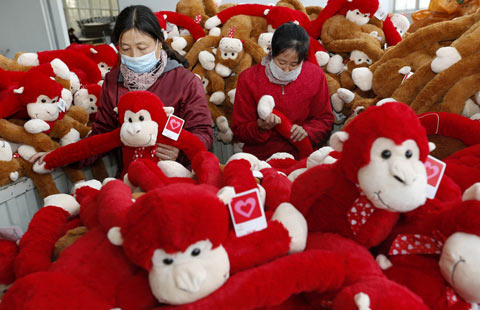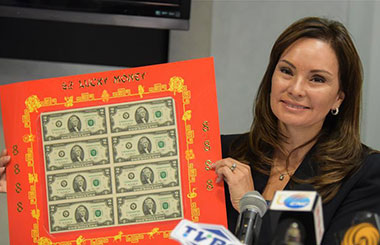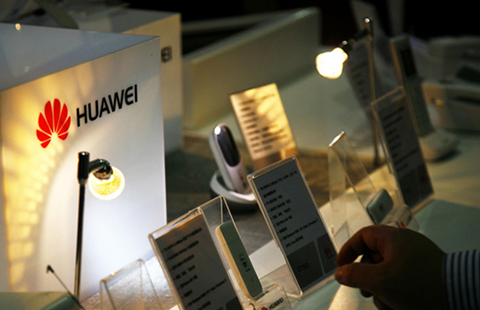Wal-Mart in share-purchase deal with China Resources SZITIC Investment
By Wang Zhuoqiong (China Daily) Updated: 2015-11-19 07:33Wal-Mart took full control of Yihaodian in July to further accelerate its online presence in the country.
Price said consumer spending in China had maintained its online momentum during the annual Nov 11 shopping extravaganza, when online shoppers spent $14.33 billion at its stores in a frenzied 24 hours of binge buying.
The Chinese retail industry as a whole set another jaw-dropping sales record on the day, now considered the world's biggest single-day online shopping event.
Alibaba Group Holding Ltd, which experts say accounts for 8 percent of China's total retail volume, reported that 91.22 billion yuan was spent, compared with 57.1 billion yuan in transactions it generated last year.
Price said despite the economic slowdown in China, Wal-Mart remains fully confident in the market, and predicted that within a decade the country will be driving half of the world's retail growth.
His upbeat opinion of the national sector, however, does not appear to be shared by Kantar Worldpanel, the retail consultancy.
In its most-recent study, the firm said that international retailers reported few signs of recovery, and had a 13.5 percent share of the Chinese market during the last quarter, a 1 percent drop from the corresponding quarter in 2014.
Kantar said sales of fast moving consumer goods grew by 4.7 percent in the three months to September this year compared with last-but that was the slowest growth performance in three years.
Its report shows that China's hypermarkets, supermarkets and convenience store sectors all remained sluggish during the period, growing 2.4 percent across the board nationally. In first- and second-tier cities, especially, trade appears to be approaching saturation point, growing just 0.7 percent.
Sales in the largest store format, the hypermarkets, fell by 1.4 percent during the period, while smaller formats have started to gain favor, and grew by 6.5 percent.
- Wal-Mart in share-purchase deal with China Resources SZITIC Investment
- Drone maker DJI plans retail outlet in Shenzhen
- Amazon to up the ante with Black Friday sales
- Gree chief tops Fortune's businesswomen list
- Shunning protocol, Obama interviews Alibaba billionaire Ma
- Top 10 industrial robotic companies in the world
- China's inbound tourism rebounding
- Oversupply of materials caused by construction slump
















